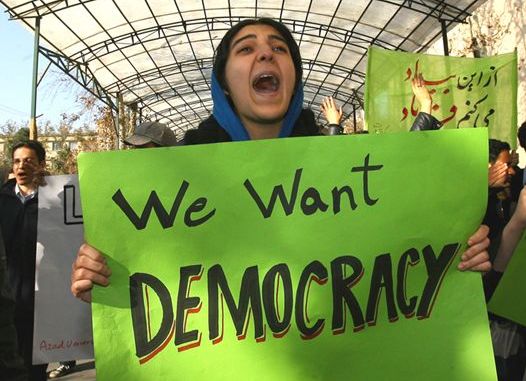 ** requested, submitted and made by wikigoat**
** requested, submitted and made by wikigoat**
UBF leaders like to claim they are just a normal mainline church. This is categorically false. UBF cut all ties with the Presbyterian Church and formed their own new religion. Here is my summary of this new religion.
UBFism is the new religion invented by Chang-Woo (Samuel) Lee and Sarah Barry in 1961. It is practiced exclusively by University Bible Fellowship. The religion has not been comprehensively documented or examined objectively except for here on this new Wiki. The religion has been passed on by oral tradition until now. This new religion is a sort of hyper evangelicalism mixed with Buddhist and Confucian values, and bound by an ideology of sacrifice. UBFism is a shepherding system, where each member, called a sheep, has an appointed lifelong moral supervisor, called a shepherd. I have identified nine components of this religious system.


 A Facebook friend posted this article that caught my attention and got me thinking:
A Facebook friend posted this article that caught my attention and got me thinking: 

 With the Orlando tragedy, some Christian leaders are speaking words that lack wisdom and which certainly do not promote healing nor express compassion. Here are
With the Orlando tragedy, some Christian leaders are speaking words that lack wisdom and which certainly do not promote healing nor express compassion. Here are 